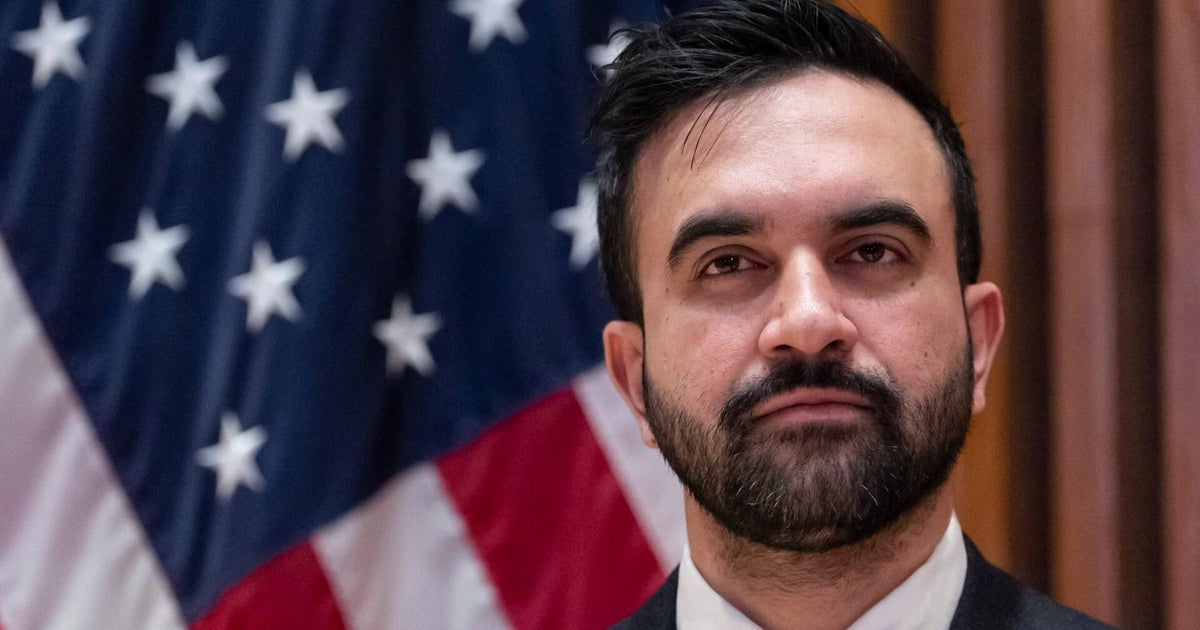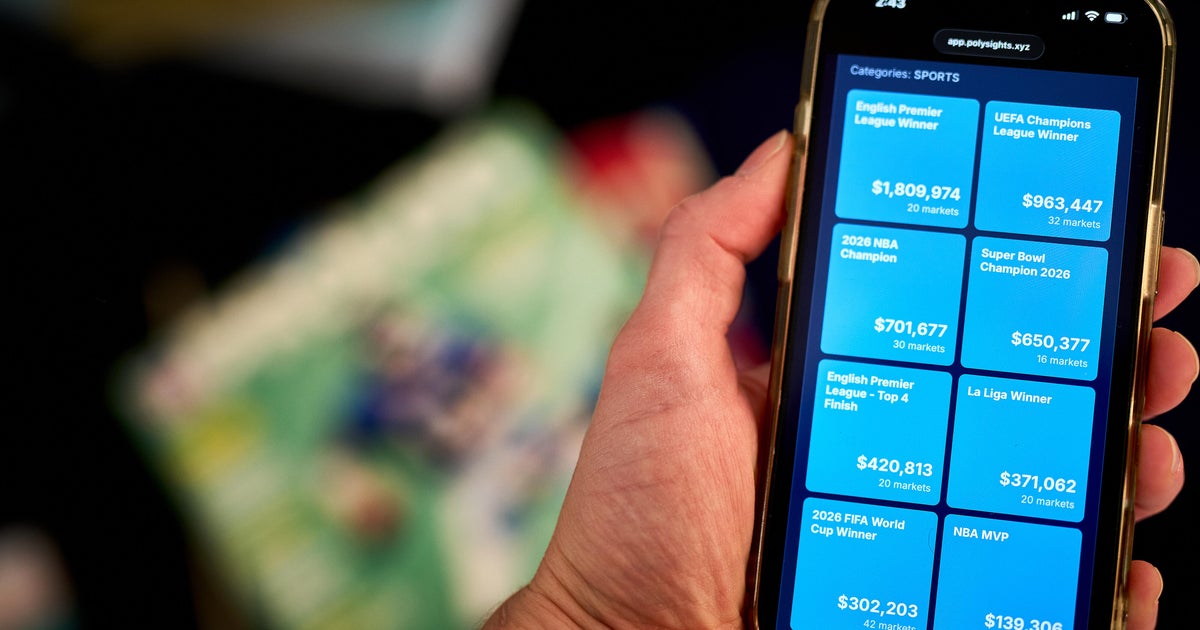Federal agreement paves way for closer scrutiny of burgeoning AI industry
Federal regulators have agreed to the broad outlines of a deal that could lead to tighter government oversight of the rapidly emerging artificial intelligence industry, including heavyweights in the sector such as Microsoft, Nvidia and OpenAI, two people familiar with the talks confirmed to CBS News.
The Federal Trade Commission and Justice Department will split oversight of different companies in the sector, the people said, with the FTC regulating the business practices and conduct of OpenAI and Microsoft and the Justice Department's antitrust division overseeing chipmaker Nvidia.
News of the agreement was first reported by the New York Times.
The move comes as the federal government grapples with rapid advancements in AI technologies and their broadening influence on the U.S. economy and society, with the White House advocating for more scrutiny of Big Tech.
When it comes to AI, the U.S. has been less active on the regulatory front than on litigation, noted Olivier Toubia, a professor at Columbia Business School.
"The U.S. hasn't been very aggressive on the regulation front, but we're already seeing some action in terms of M&A, making it harder for tech companies to merge," Olivier Toubia, a professor at Columbia Business School, told CBS MoneyWatch. "It's not easy to regulate an industry that moves so quickly; it's more efficient to pursue the litigation if we see a threat," Toubia said.
Companies are already finding runarounds to a potential block by the FTC on M&As by taking equity stakes in companies instead of trying to purchase them, he noted.
"What concerns me the most is the idea that we're letting for-profit firms really shape our values as a society," Toubia said. "We're really talking about knowledge creation and dissemination," with businesses crafting tools that will determine how people think and behave — a frightening thought, regardless of intention, he added.
Monitoring AI's impact on competition
Federal officials have indicated for more than a year that they are looking out for monopolistic behavior as AI products produce human-like text, illustrations and sound.
The Justice Department in February announced the appointment of the agency's first AI officer and, in May, said it was "actively examining the AI ecosystem."
Lina Khan, chair of the FTC, stated in January that the agency would closely review deals that "enable dominant firms to exert undue influence or gain privileged access in ways that could undermine fair competition."
The FTC at the time said it was launching a probe into ties between AI startups such as OpenAI and Anthropic and cloud-computing providers like Amazon, Google and Microsoft that have invested heavily in them.
Microsoft, for instance, provides OpenAI with the huge computing resources needed to train generative AI systems like ChatGPT. And the whole AI industry counts heavily on chipmaker Nvidia's semiconductors to run AI applications.
Open AI last month paused use of its ChatGPT voice mode function, called Sky, after Hollywood star Scarlett Johansson complained that it sounded "eerily similar to mine." The company denied that Sky's voice was the actor's.
In the latest example of the tech industry embracing machine intelligence, Apple on Monday announced that it is weaving AI into many of its products, including iPhones. As part of that effort, Apple will work with OpenAI to integrate its ChatGPT tool into upcoming software releases, including iOS 18, iPadOS 18 and macOS Sequoia.
—The Associated Press contributed to this report.




